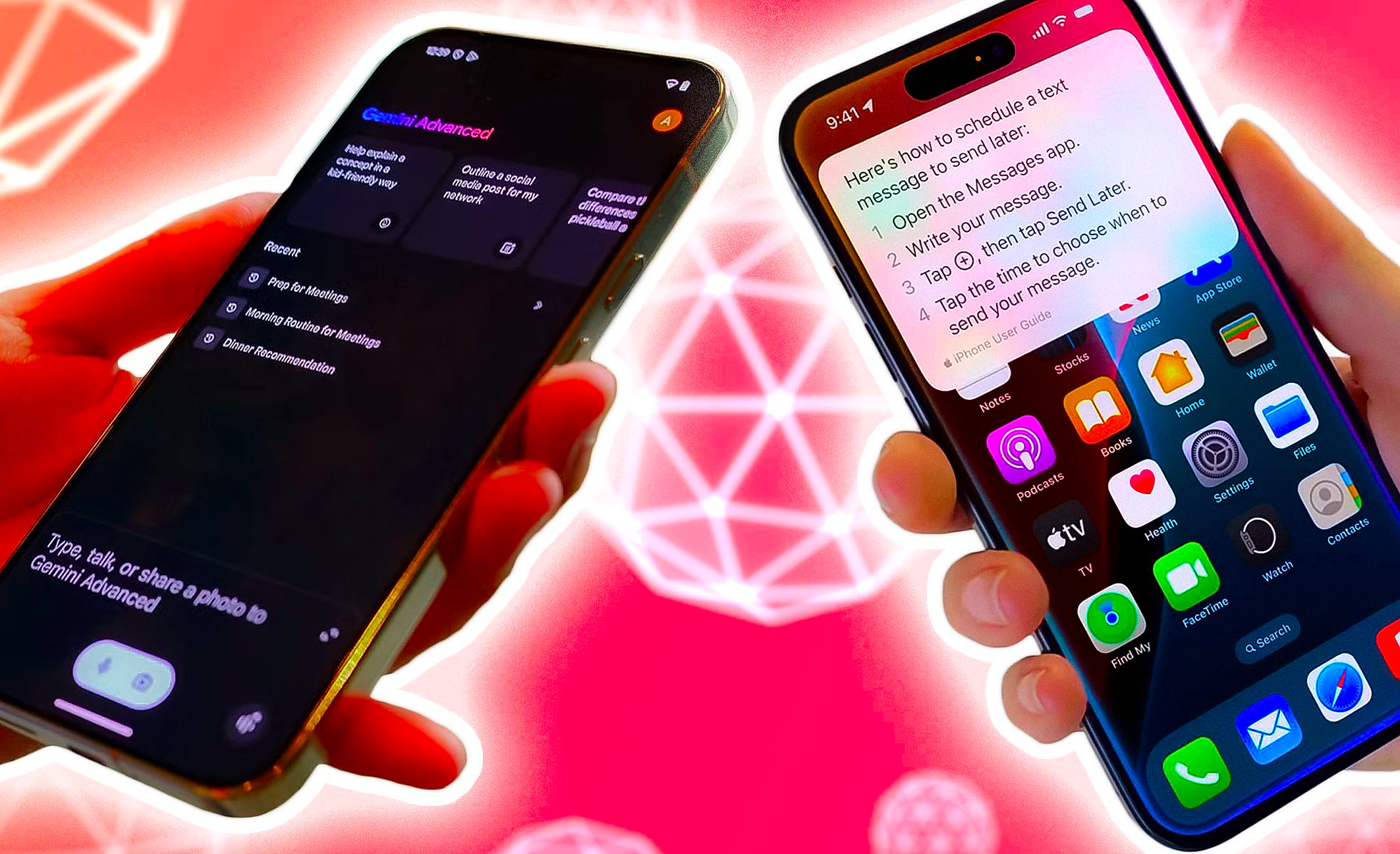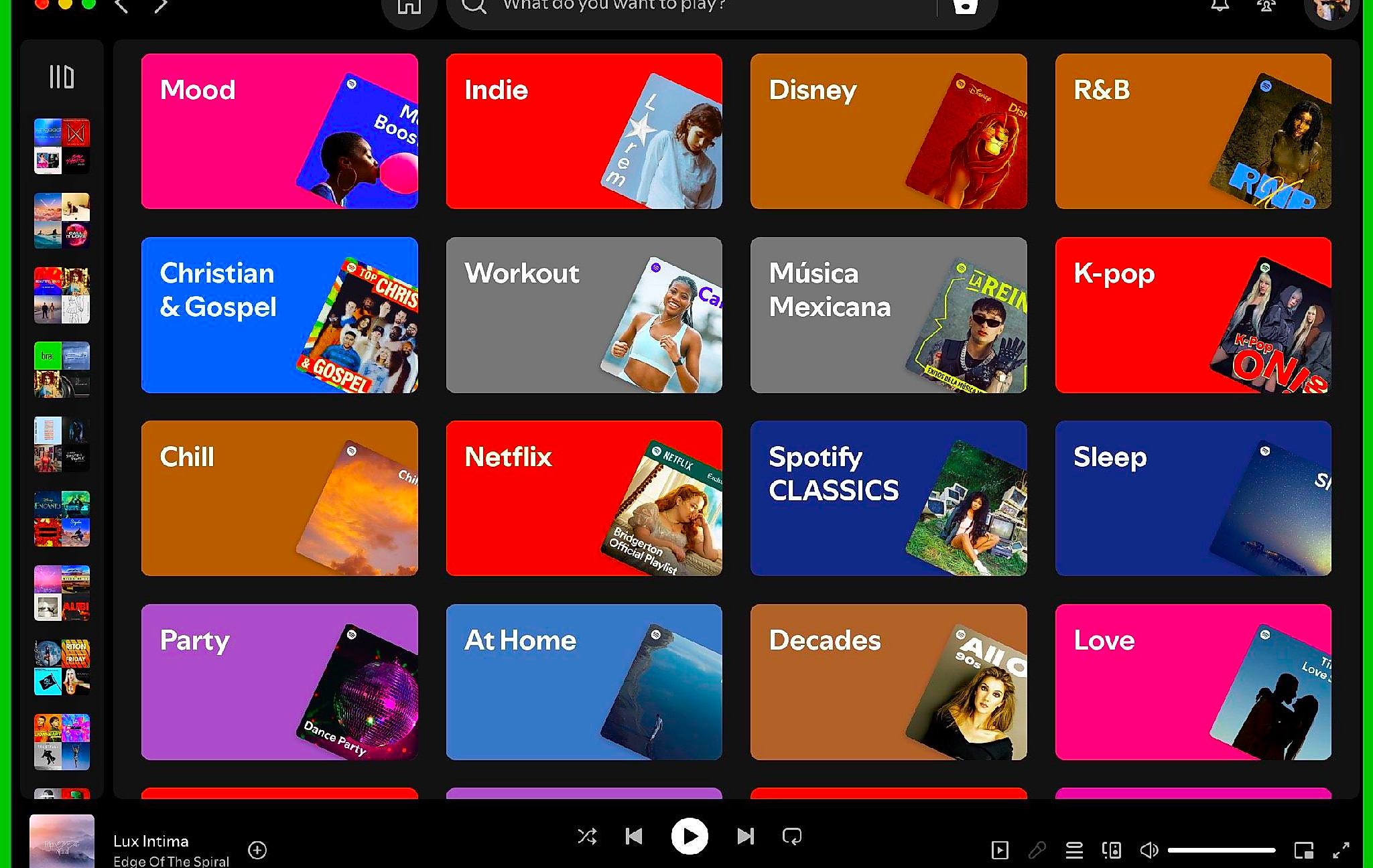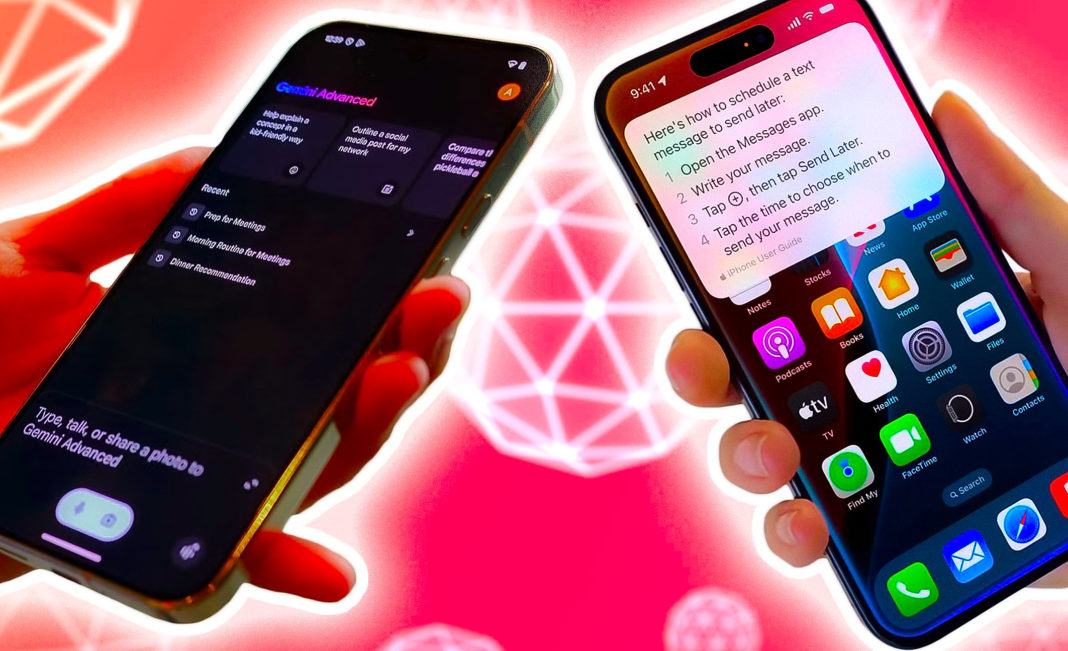The Unseen Hand of AI in Spotify Playlists
The role of artificial intelligence is a subject of ongoing debate. Some view it as a revolutionary force, while others see it as a mere enhancement of existing processes. The truth, however, likely lies somewhere in between, as AI’s influence permeates numerous industries and technological advancements.
This raises a critical question: How much AI integration is acceptable? This is a complex query with no easy answers, and its implications are far-reaching and could potentially be too late depending on one’s perspective.
Reactions to AI are varied, ranging from enthusiastic embrace to wary skepticism. Concerns often stem from fictional narratives depicting sentient machines. Yet, basic AI tools, such as ChatGPT, Microsoft Copilot, and Google Gemini, provide substantial benefits to users, streamlining research and offering everyday assistance.

This brings us to the core issue: determining the appropriate level of AI integration. Consider The Velvet Sundown, a Spotify artist boasting over 1.1 million monthly listeners. This seemingly successful band is, in fact, an AI-generated music project, a detail only recently disclosed. This revelation begs the question: Will AI-generated music define the future of the music industry on platforms like Spotify?

Unmasking The Velvet Sundown

The Velvet Sundown’s debut album, released in June, quickly gained popularity. The band’s retro 1960s sound, with its guitar-heavy tracks and evocative vocals, initially drew listeners in. However, song titles like “Dust on the Wind” and “Back Home Never Came” hinted at a deeper ambiguity. The album title, “Floating on Echoes,” further added to the artistic vagueness.
As the band’s popularity increased, listeners noticed a striking similarity among the songs, a uniformity suggestive of AI generation. Further fueling suspicion were the band’s imagery and name, both slightly unconventional. These observations triggered speculation, confirmed when the band’s true nature was revealed.

Ethical Considerations and Spotify’s Role

The band subsequently acknowledged its AI origins in its biography. This raises ethical concerns. Presenting AI-generated music as the work of a real band is misleading, akin to plagiarism. While The Velvet Sundown’s actions may not be illegal, the question of ethical responsibility remains.
The granting of a verified artist status by Spotify is also questionable. The platform should more clearly distinguish between human-created and AI-generated content.

Moving Forward: Protecting Artists on Spotify

The responsibility of discerning between AI and human-generated content shouldn’t fall solely on the listener. Spotify needs to refine its verification process, implementing a system that clearly distinguishes between authentic artists and AI-generated projects. This would protect both genuine musicians and the integrity of the platform.
While the use of AI in music production is not inherently problematic, presenting such music as human-created work is deceptive. Spotify’s initial lack of awareness is understandable, but the situation highlights the need for revised labeling and verification methods. This will become increasingly critical as AI’s role in music creation expands.
The controversy surrounding The Velvet Sundown is not isolated; it’s a sign of the evolving music landscape. The industry needs to adapt to this new reality and establish clear standards to maintain fairness and transparency.
